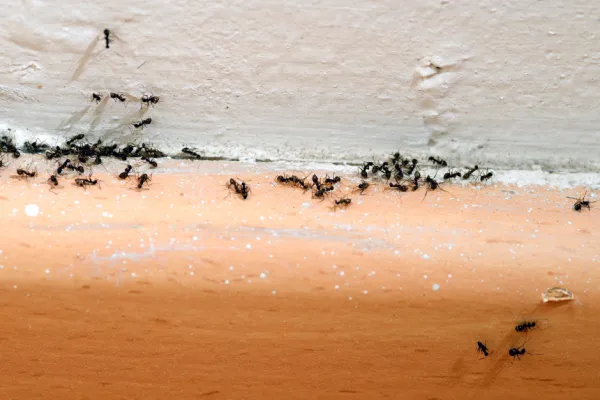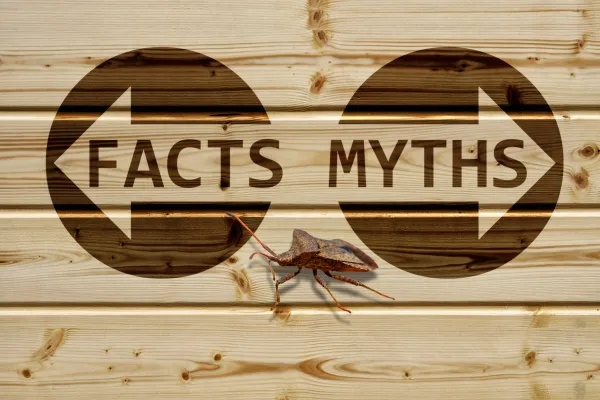How to Identify and Treat Spider Bites

The only thing spookier than spiders are spider bites. Sometimes it can be difficult to tell if your bite is from a mosquito or if it could be more serious. Don’t be afraid – we’re here to help you identify any spider bites you might get and how to successfully treat it.
What Does It Look Like?
Common characteristics of a spider bite include a red welt, swelling, and itching. The bite can be uncomfortable, but usually not for an extended period of time. It typically looks like a regular mosquito bite, unless it is venomous.
Is It Venomous?
The majority of spiders are not venomous. Their teeth are normally too short to even puncture human skin. However, if you are experiencing severe symptoms such as a headache, nausea or vomiting, difficulty breathing, a fever, or chills, it is important to seek medical attention immediately. The black widow, tarantula, brown recluse, hobo spider, and Brazilian wandering spider are all species to watch out for. This is highly unlikely but it is important to take all precautions.
Spiders in South Carolina
In South Carolina, we really only have to be wary of the widow family and the brown recluse. Southern black, northern black, and brown widow bites are rarely fatal, but it is important to see a doctor if you suspect you have been bitten. They usually bite when they are provoked, but that doesn’t necessarily mean you will notice if they do. Common symptoms include pain spreading to your back, stomach, and chest. Stomach cramps may also ensue, along with stiffness and sweating. On the other hand, the brown recluse is typically found in attics and crawl spaces. Their white bite might have a red ring around it representing a bullseye, whereas the black widow bite might be redder and swollen. The brown recluse is itchy and painful and can become increasingly worse without proper treatment.
How to Treat Non-Venomous Spider Bites
So you suspect you have a spider bite? First, you should wash the area with soap and warm water, and you can apply an ice pack to reduce swelling. You can also take an antihistamine such as Benadryl, Claritin, or Zyrtec. Applying ointment such as hydrocortisone may also help relieve itching or discomfort. It is important to resist the urge to scratch, as that could cause blisters or prevent the bite from efficiently healing.
Contact Us Today
If you suspect there are spiders in your home, contact your local pest control professional. At Palmetto Exterminators, we provide a free pest inspection of your home to determine what might be causing the problem. Spooky season doesn’t have to be any spookier!


